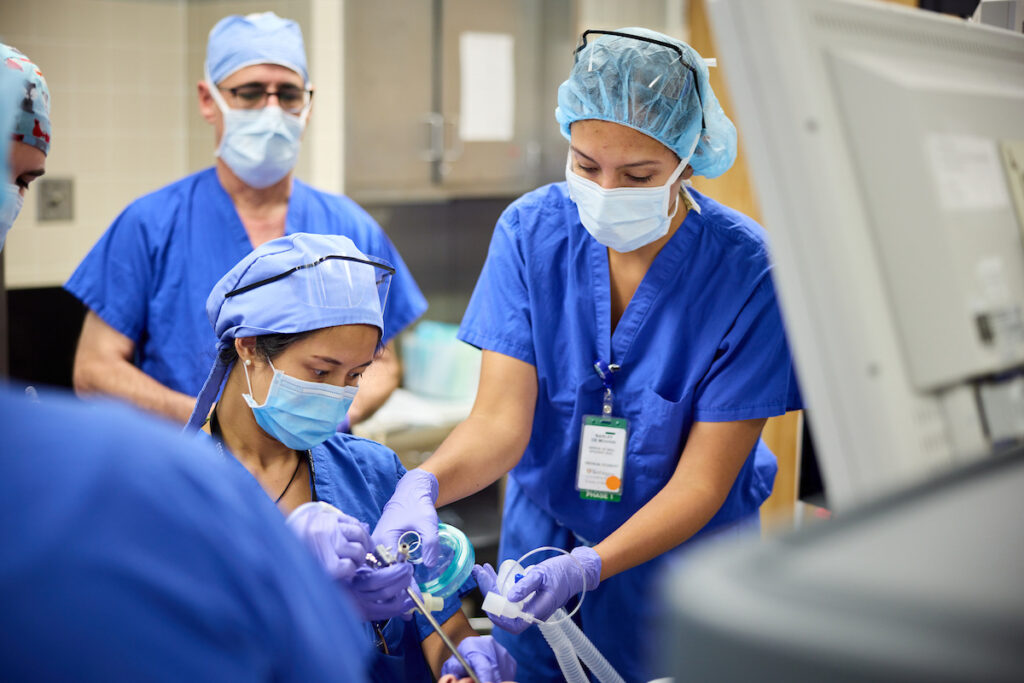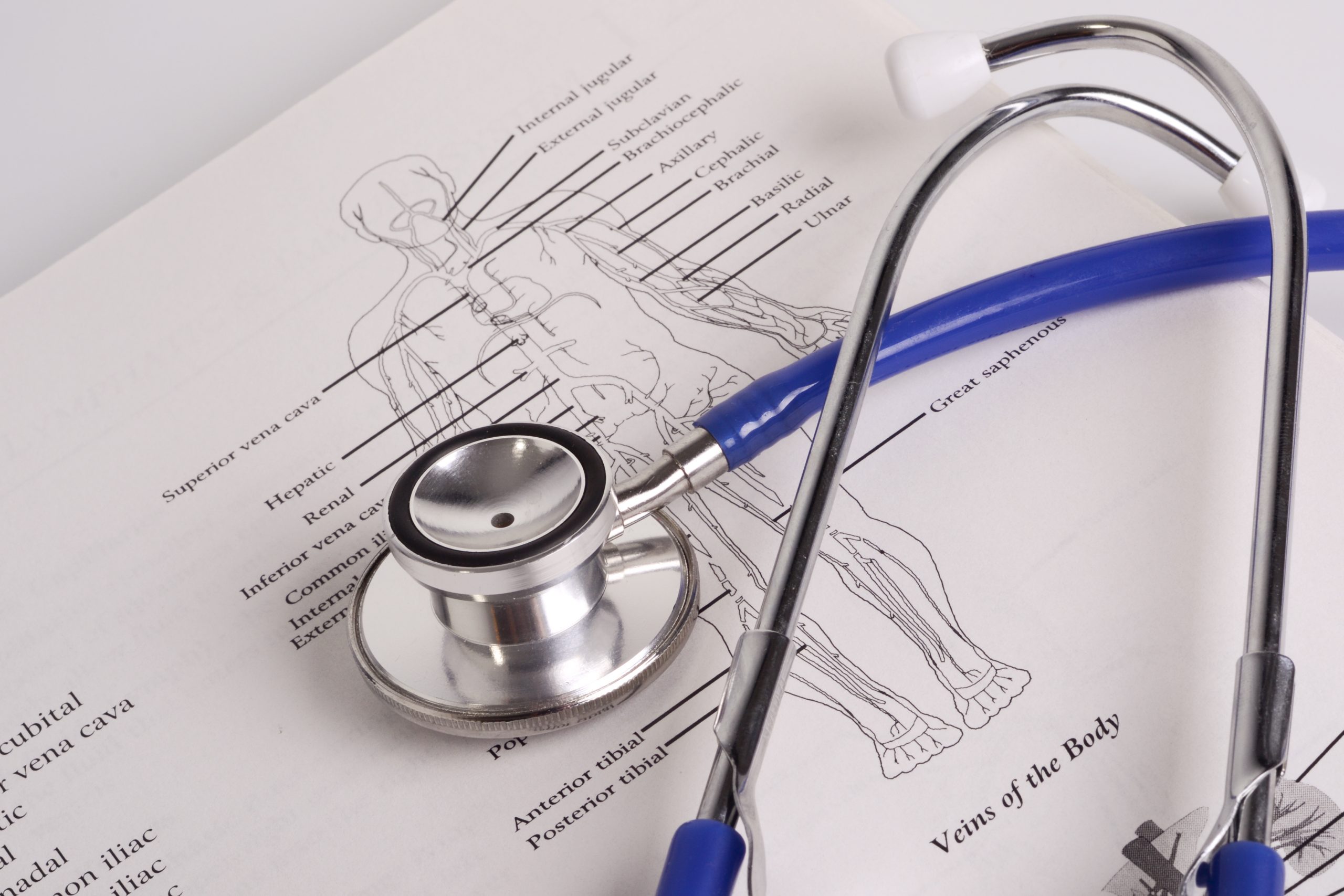The clinical rotation seems to be an integral part of medical education. It offers you the chance to apply what you have learned concerning clinical knowledge in patient care and develop clinical skills. Being in a hospital or clinic for several months, though, can be quite intimidating for most medical students. The speed, the pressure, and the desire to match up with experienced professionals can create anxiety.
However, with proper preparation, you will transform your clinical rotation into an invaluable experience not only enhancing your clinical knowledge but also preparing you for a successful career ahead.
In this blog, we’ll walk you through the preparation needed for a clinical rotation. Here’s practical advice on how to get through it successfully and productively as you move forward on your medical journey.
What is a clinical rotation?
Clinical rotations are the hands-on training periods in medical school where you work in various specialties such as internal medicine, surgery, pediatrics, obstetrics and more. Often during the final years of medical school (usually the third and fourth years), you may receive patient care under the supervision of visiting physicians, residents and other medical professionals.
How to Prepare for a Clinical Rotation
1. Review the Basics
Before entering clinical rotation, be sure to know the basics. This way, you get off the ground quickly and can concentrate more on the application of what you know instead of learning the basics.
- Review Key Concepts: Review key concepts related to the skill you will be translating. For instance, if you are going to have surgery, review the elements, the surgical procedure, and the general surgical procedure. If you are switching from pediatric therapy, review the child’s developmental cycle, vaccines, and childhood conditions.
- Go to the next level: Know the common medical procedures you will encounter or be involved in, such as blood tests, body examination, or assisting in minor surgeries.
2. Be organized
Medical procedures require you to multitask: seeing patients, learning new information, managing procedures, and writing everything down. You have to be organized.
- Use a Planner: Keep a digital calendar or digital calendar to keep track of your appointments, deadlines for tasks or assignments, and important dates like exams and presentations.
- Prepare a notebook: Carry a notebook or an application in which you can note down all the important notes, daily learnings, and questions that you come across during your shift. This will keep you on track with your studies and prepare you for discussions with residents and visiting physicians.
3. Be creative and intentional
One of the best ways to stay positive during your shift is to stay active. Take every opportunity to learn and participate in patient care.
- Questions: Don’t be afraid to ask. In clinical rotations, it’s about learning, so thoughtful questions show that you’re engaged and interested in learning more.
- Volunteer work: Volunteer for work that will help you gain practical experience if needed. Whether it is helping take a patient’s history, getting equipment, or assisting in the operating room, guiding makes a difference.
- Seek feedback: Always ask your attending physician, resident, or nurse practitioner for feedback. Feedback helps you improve and develop as a healthcare professional.
4. Understand your role and expectations
The expectations of each rotation can be different, so it is necessary to understand what you are expected to do.
- Clarify expectations: Before the start of each rotation, sit down with your primary care physician or rotation coordinator to clarify their expectations. Some might want you involved in the circulation of the patient, while others might be more interested in monitoring.
- Be professional: Patients, nurses, and other health practitioners deserve to be treated in a professional and respectful manner. One must remain optimistic at all times, come punctually to classes and shift work, and wear suitable attires depending on the activity or the environment.
5. Create bonds with coaches and teammates
Rotations will allow for interactions with colleagues in fellowship and residents.
- Make a good impression: Be punctual, reliable, and respectful. Show interest in learning and be active during the round or discussions.
- Ask for advice: If you find a mentor or physician whose teaching style you like, ask them for guidance or advice during the transition. It helps to have someone who supports your learning.
- Interact with peers: You are likely to share with other students. Work together and learn from each other. Learning from peers is often as helpful as learning from a teacher.
6. Patient Relationship and Communication Skills
Effective communication is the most important key to becoming a successful medical student and physician. During your clinical rotations, you will learn to speak with your patients, take medical histories, and interact with other members of the healthcare team.
- Develop Empathy: Learn to empathize with patient feelings. Be sympathetic and compassionate toward patients. Pay attention to their apprehensions, and talk to them in a manner that makes them feel at ease.
- Learn to Collect Patient Reports: Learn to collect patient reports effectively. This is an important skill that you will use throughout your medical career.
- Understand medical terminology: Explain things clearly and avoid using medical jargon when speaking to patients. This helps build trust and ensures that patients understand their condition and treatment.
7. Preparing for the Challenges and Dealing with the Situation
A hospital shift is rather challenging and difficult. One feels a little depressive, especially in the first few days.
- Prepare for Long Hours: A hospital shift can involve long days, early mornings, and even nights. All these require time to prepare for with a healthy lifestyle, eating well, and sufficient rest.
- Stress management: Take time to de-stress during your break. Meditating, deep breathing, or taking a walk can help clear your mind and restore your sense of well-being.
- Don’t be afraid to ask for help: If you’re having trouble with your routine or patient interactions, don’t hesitate to ask for help from other residents, visitors, or staff. They’ve had similar experiences and can offer guidance.
Final tips for surviving hospital transitions
- Be flexible: Change is rapid in a hospital. Being flexible and flexible to new tasks and unexpected situations will make you an integral part of the team.
- Be inquisitive: Take every opportunity to learn. Check out the processes, ask questions, and try to expand your knowledge as much as possible.
- Be humble: Know that you are there to learn, nothing is easy. Do not fear making mistakes – be sure to learn from them.
- Take care of yourself: One never knows what is going on; hospitalization is tough. Create time for your exercise, sleep, and rest.
Conclusion: Maximize Your Health System
The clinical process is a time of growth, both in terms of vision and in itself. The more preparation one does beforehand, the more organized one will be, and the harder one works, the more clinical skills improve.
Proper planning and preparation in your clinical rotation will be an asset to your career, build your confidence, and prepare you for the journey ahead as a physician.



